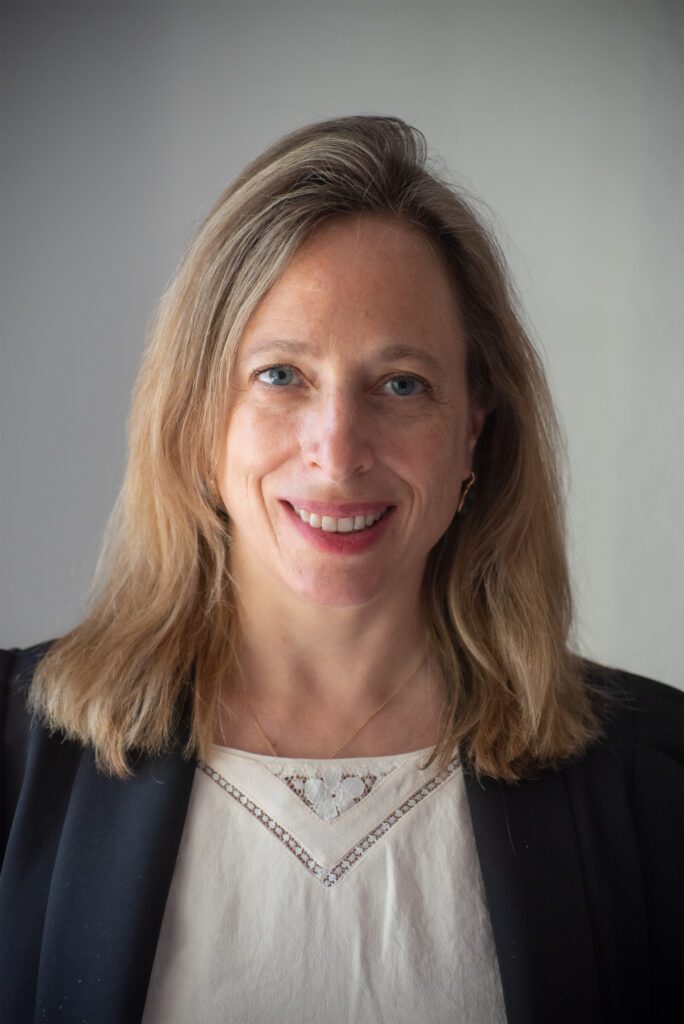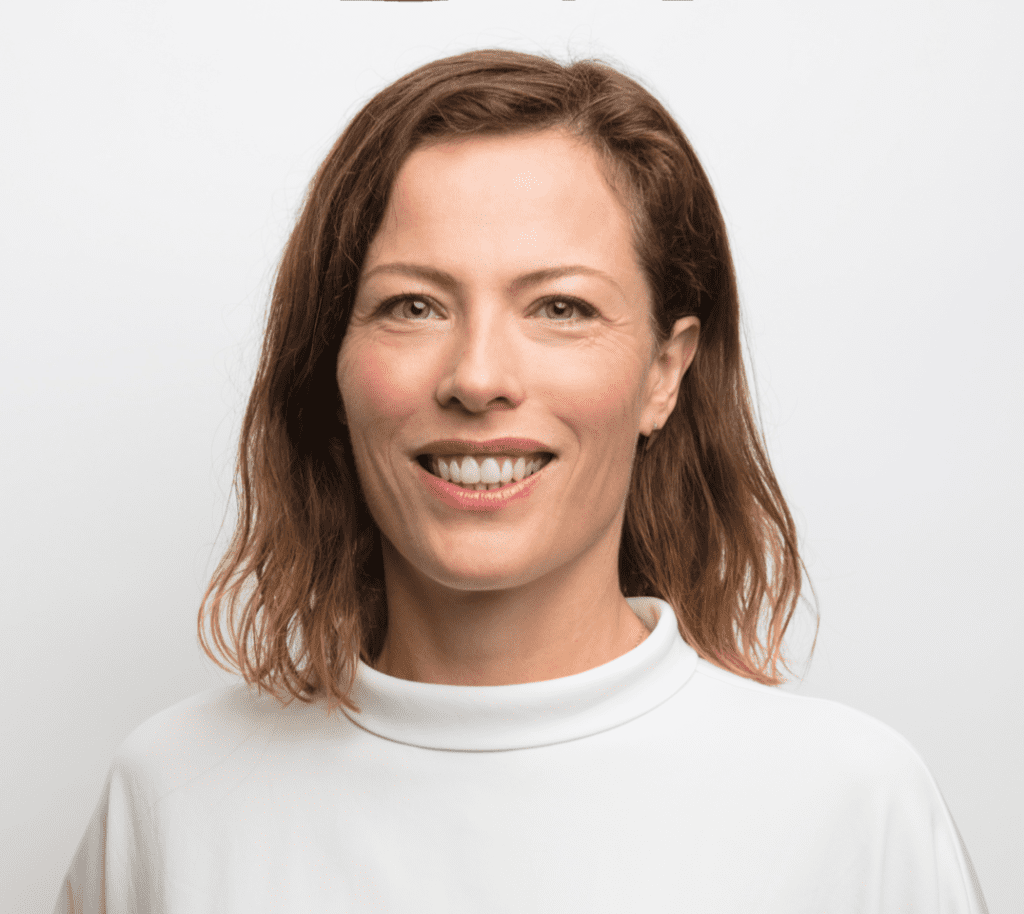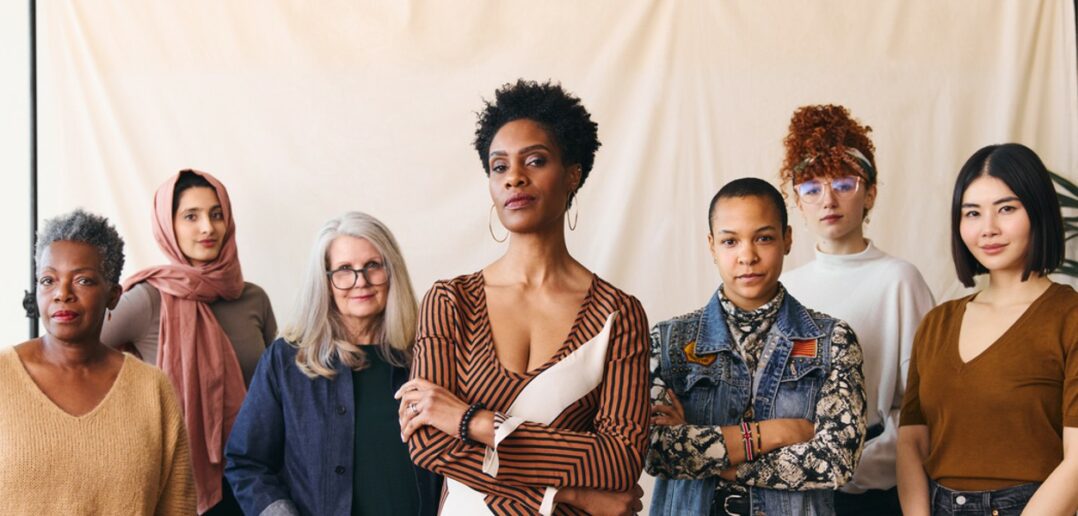This year ’s theme for the UN International Women’s Day is DigitALL: Innovation and technology for gender equality. To mark the day, we spoke to women executives in the industry and asked for their observations on changes and developments towards greater equality and recognition
Valentine Lorant, founder of Paris-based production, distribution and consulting company Artemisa Entertainment

“I think a lot has happened and a lot is still about to break through.
The industry is more open to voices coming from women. There is a lot of talent that has been hidden behind men and which now can shine independently.
After working for majors and big corporations like HBO, Paramount and Telefonica, where I was in charge of programming, I launched my production and distribution company Artemisa Entertainment. And now I am having meetings with Netflix, Antena 3, TVE, Movistar, Amazon, Disney and many other major players on a regular basis. I don’t feel any disadvantages as a woman, or for being independent. It’s a fantastic moment where talent is key and is heard, no matter the gender. This would have been impossible years ago.
That is also why Artemisa is focusing on great female talent and stories. And I believe it’s the right moment to do so. It’s time for female voices to resonate in the world.
I also notice that a type of sorority has emerged. During my career I have in the past worked a lot with other women who, instead of facilitating the path to others, made it as tough as they had it.
But when I joined HBO Europe in 2016 – which had a Nordic management – this changed totally. Culturally, this company was more inclined towards female management and women were very at ease transmitting knowledge and empowering women. This is a Nordic cultural trait – but I think this is becoming more common in France, Spain and other European territories as well. I think we are now more open to share opportunities, advice, experience and power between women. There’s a real complicity emerging between women.
In our industry, the Miami-based Worldwide Audiovisual Women’s Association is doing a great job. And the #MeToo movement has helped women and men to identify what is not acceptable – and now women are clearly expressing their limits.
Subtle sexist attitudes or abuse, which were just OK yesterday, are no longer acceptable. Times have changed, although a lot still needs to happen.
And it’s only through dialogue that we can make women’s empowerment a reality and that men may accept this new reality in harmony, without feeling threatened.”
There’s a real complicity emerging between women
Rebecca Edwards, vice-president, marketing and communications at Keshet International, the global production and distribution arm of Israeli media company Keshet Media Group

“From my point of view, here in the UK, I’ve never felt there isn’t anything I couldn’t do within the TV industry because I’m a woman – I think it’s historically been more progressive than many sectors.
And yes, I’ve definitely seen the environment change in the last three decades to see more women progress through the glass ceiling to higher – even the highest-level – positions. I’m lucky enough to work at a company led by a woman, the amazing Keren Shahar, supported by a leadership team that also includes women; and also to get to meet many other inspiring women in influential positions – either EP-ing, producing, running production or distribution companies, or commissioning.
However, I might not feel this way if I was a BAME woman – I think this is an area where the TV sector could do better, particularly at higher levels.
Because of my stage of life, I’m personally really interested and happy to see the conversation changing around the menopause and the peri-menopause. When I first started work, the impact was never acknowledged or discussed – either on the older women it affected, or on the wider workforce within which they worked. I read somewhere that every year 800,000 women drop out of the workforce here in the UK alone, because they struggle to manage their symptoms and their jobs. So, it is great see British companies – like Channel 4, for example – to be formally implementing menopause policies. I guess this is driven by the fact that there are more women in influential positions who are able make change like this happen, and to support women better in the future.
I’m not sure how things are progressing internationally in this area though. But I do know that being open and honest about my brain-fog – and other peri-menopause symptoms – with my colleagues while I experimented with various HRT medications, I’m now back on an even keel.”
I’m happy to see the conversation changing around the menopause
Sunita Uchil is chief business officer at Zee Plus, the co-production and development arm of India’s Zee Entertainment

“I have been in the media business for 30 years now. In the last three decades, women have made strides in various fields of content development – we have more female writers, cinematographers, directors, actors, light and sound specialists, editors and more. TV and OTT especially have opened the hearts and minds of people across the country, in many ways, making them more progressive and allowing newer thoughts and trends to become a part of their daily lives. It is a wonderful time to be in the business – things have only been getting better and more inclusive.
These changes have happened slowly but surely. And the changes permeate not just the media industry, but society in general. The industry is but a reflection of the larger world we inhabit. We now see women paving their way across professions and industries, regardless of outdated conventions and norms that try to limit their aspirations.
How have these changes come about? I believe education and exposure to a larger world outside our own city or town have been two significant factors in this regard. We can then aim to be in positions where we get to shape and build this world further. And these opportunities have been made possible because there has been constant work by many women leaders to break the glass ceiling. And the more women that come to the fore only strengthen this endeavour further. Perhaps, someday, we will be able to get to a point where everyone has access to opportunities that help them exercise their capabilities to the fullest, regardless of their gender.
In that regard, what women need today is a more encouraging, more kind society; a world where people need not fear making mistakes when they are pursuing novel ideas. Every single person should be encouraged to be inclusive and kind, to dream passionately, forge ahead and achieve all that they wish for. Our time on this Earth is finite, so let us strive to stand on equal ground, regardless of our identities, united in our quest for exploration, excellence, and consistent learning.”
What women need today is a more encouraging, more kind society
Ijeoma Onah is CEO of subscription-based app SuperTV and founder of the Nigerian International Film & TV Summit

“It’s important to state that Nigerian women have successfully led and delivered on different projects in an industry that traditionally been dominated by men. We have seen a huge paradigm shift as women are currently at the forefront as champions of the industry, with amazing results to show for it.
I remember a decade ago my goal was for local independent producers to get better exposure and to better their understanding of international business through their leveraging of different networking opportunities. At the time, the business of production for television and films was hugely dominated by men. However, a decade later, women in our industry have climbed the ladder organically; women who have successfully positioned themselves as the leaders and shapers of the industry both in TV and at the box office. They have continued to deliver the most successful and highest grossing movies of all time, as well as writing, producing or directing value-adding content for streamers that have become very successful and driven viewership numbers up and topping the chats in several countries.
Women are undoubtedly currently at the forefront of driving original productions and have, in most cases, been able to deliver beyond expectations both from the creative and talent side and also in running businesses including TV networks, distribution companies, subscription video-on-demand services, conferences, festivals and distribution companies. Women have produced or co-produced around 50% of the 25 highest-grossing films in 2021/2022 in Nigeria.
I think these changes can be attributed to the fact that women, over time, have proved themselves to be reliable, trustworthy, with a high level of integrity and have continued to deliver in terms of expectations for those investing in the industry or with commissioned projects.
Women’s talent should continue to be encouraged and supported with the necessary resources and training, to help them improve their skills and creative expertise. In other words, there should be a continuous, intentional and deliberate attempt to open up women to more opportunities with an equal and level playing field where they can compete without being threatened, or bullied into accepting less than they could achieve. And more importantly, there should be deliberate attempts to continue celebrating and spotlighting the successes of exceptional women who have continued to break down the frontiers and barriers of negative gender-based stereotyping to become successful talents, entrepreneurs and business owners.”
Women are undoubtedly currently at the forefront of driving original productions
More about the MIPCOM Diversity & Inclusion at MIPCOM




